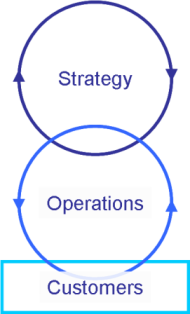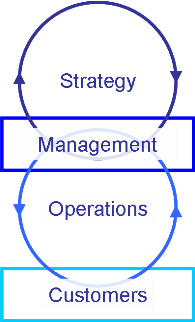The Progressive Managers’ Network is coming to South Leeds, in partnership with the Hamara Healthy Living Centre.
Would you like to learn a management tool that is guaranteed to:
- Save you time
- Increase levels of trust in your team
- Improve communication
- Make you a noticeably better manager
- Get more done – more quickly
- Accelerate the professional development of your team, and
- Reduce the pain of performance reviews?
The launch event, Brilliant 121s, which will be free of charge is to be held on April 29th with other dates planned as follows:
28th May – Giving and Getting Great Feedback NB -date changed from 27th
24th June – Practical Coaching for Progressive Managers
15th July – Effective Delegation
At the event you will get a free gift to help improve your management worth more than £25.
Places are strictly limited so please book your place online here. Or call me for more information on 0113 2167782.
The first event is free of charge.
Subsequent events will be charges at £120 per session. We will be offering a limited number of reduced price places at just £20 per session. Please get in touch and make your case to secure a reduced cost place.




